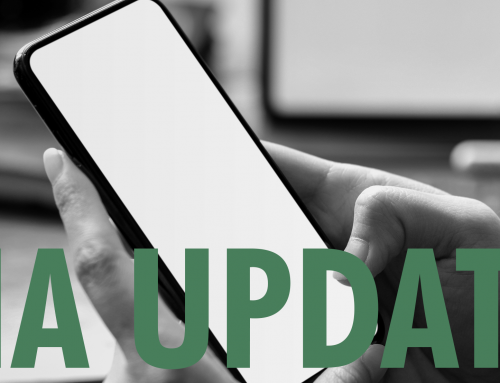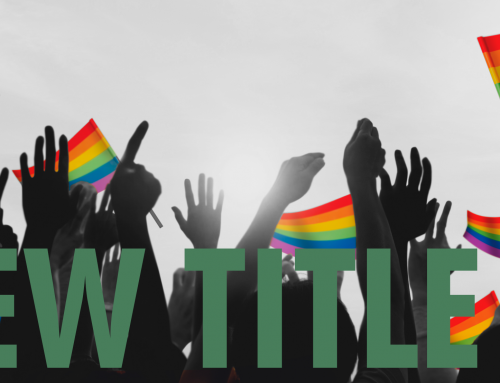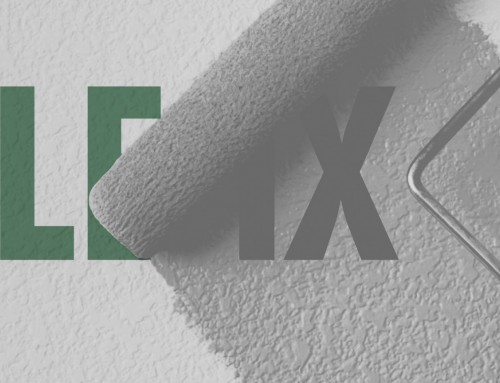Since 1997, the Birdville ISD has opened school board meetings with a one-minute student statement. The speaker is chosen at random from a list of volunteers, and the district does not approve or control what the student says. The only requirement is that the statement not be obscene or otherwise inappropriate. While some students choose to read secular poems or inspirational messages, many students choose to recite sectarian prayers.
The American Humanist Association sued the Birdville ISD for allegedly violating the Establishment Clause of the First Amendment. The central question in the case was: are school boards more like legislative bodies (like Congress or city councils) or more like schools? The question was important because the Supreme Court is very hesitant to allow school officials to sponsor prayer during school functions (like sporting events), but the Supreme Court has given much more leeway to legislative bodies to engage in prayer or invocations before meetings.
In March, the 5th Circuit decided that school boards are legislative bodies, much like city councils, and therefore Birdville’s practice does not violate the Constitution. The Court was persuaded by the fact that most attendees are mature adults, free to leave as they please.
The Supreme Court has not definitively answered the question as to whether invocations or prayers are permitted at school board meetings. But for now, the 5th Circuit has approved of the way Birdville ISD conducted its invocation. Any school board that chooses to open with a prayer or invocation should still consult legal counsel for advice on how to shape the practice to conform to constitutional requirements.
This article should not be construed as legal advice related to any specific facts or circumstances. Although this article covers legal subjects, it is intended to educate readers about school law topics and not to provide advice that will be the basis for action or inaction in any specific circumstance. Viewing these materials does not create an attorney-client relationship between Abernathy, Roeder, Boyd & Hullett, P.C. and the reader or the reader’s institution. For circumstance-specific legal advice, please directly contact a licensed attorney.






Leave A Comment